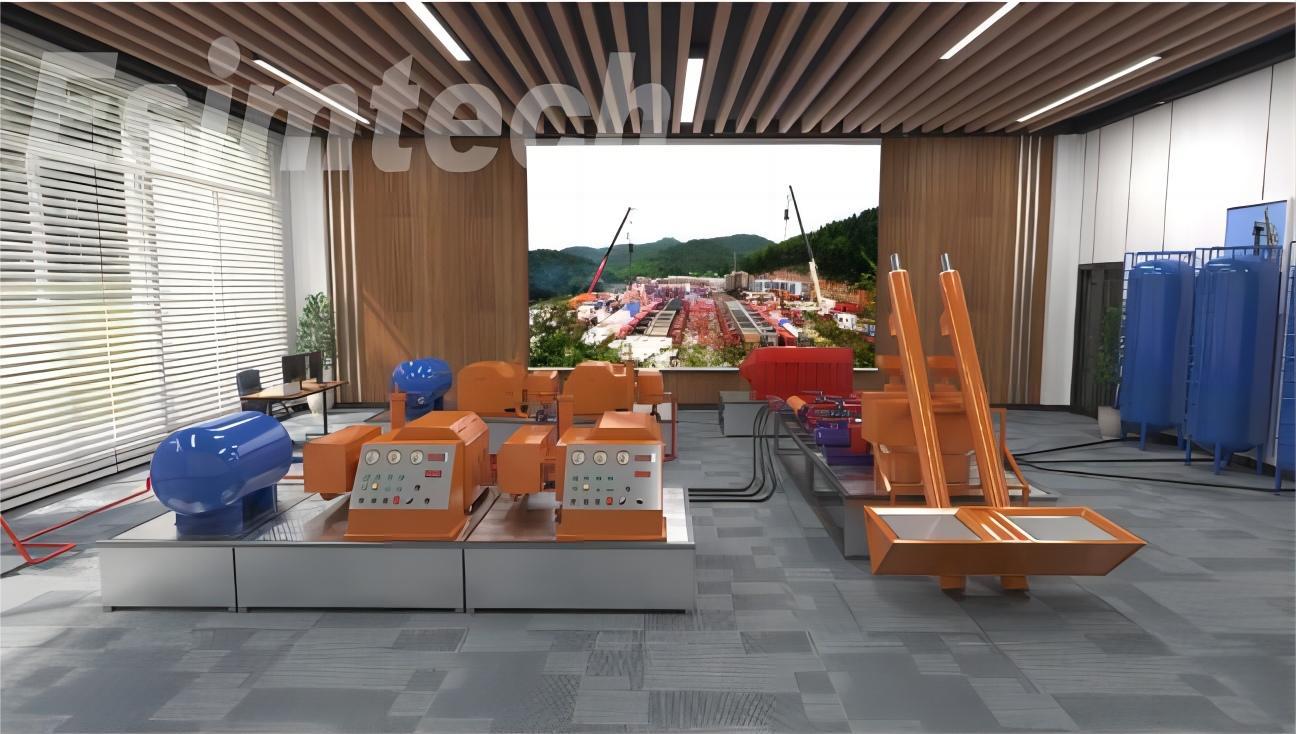Fracturing and Acidizing Simulator Integration in Remote Training Programs

The oil and gas industry relies on well stimulation techniques like hydraulic fracturing (fracking) and acidizing to optimize the production of hydrocarbon reservoirs. These processes are complex and require highly skilled personnel. In an era of technological advancement and evolving work environments, remote training programs have become increasingly important. The integration of fracturing and acidizing simulators into these programs is proving to be a game-changer, enabling trainees to acquire critical skills while minimizing the environmental impact and costs associated with traditional training methods. This article delves into the significance of integrating simulators into remote training programs and explores the benefits it offers to the industry.
The Evolving Training Landscape
The oil and gas industry is no stranger to change. Advancements in technology, safety concerns, and the growing emphasis on environmental responsibility have reshaped the landscape of workforce training. As the industry becomes more complex, the need for innovative training methods that prepare personnel for real-world challenges is greater than ever.
Fracturing and acidizing operations involve complex tasks and often take place in remote or environmentally sensitive areas. Conventional training methods, such as on-site field training or classroom instruction, come with limitations, including:
1. High Costs: Conventional training can be expensive, especially when considering the wear and tear on equipment and the potential for accidents during hands-on field training.
2. Environmental Impact: Field training and actual well stimulation operations can negatively impact the environment, particularly if accidents occur during training exercises.
3. Geographical Constraints: Not all personnel have easy access to training sites, which can make it difficult to provide consistent and standardized training.
4. Safety Concerns: On-site training, especially for high-risk activities like well stimulation, can pose safety risks to trainees.
Integrating Simulators into Remote Training Programs
Fracturing and acidizing simulators address these challenges by offering a controlled and risk-free training environment that can be accessed remotely. The advantages of this approach are numerous:
1. Realistic Training: Simulators replicate fracturing and acidizing operations with a high degree of accuracy, offering trainees a lifelike experience without actual environmental or financial consequences.
2. Risk Mitigation: Simulators provide a safe learning environment, reducing the potential hazards associated with on-site training or learning on actual well stimulation sites.
3. Cost Efficiency: Simulators minimize wear and tear on expensive equipment, reducing downtime and maintenance expenses, leading to significant cost savings.
4. Scenario Diversity: Simulators can replicate a wide range of well conditions, equipment malfunctions, and emergency situations, ensuring trainees are well-prepared for the various challenges they may encounter.
5. Competency Assessment: Simulators are equipped with assessment tools that allow organizations to identify the strengths and weaknesses of individual trainees, enabling customized training programs.
6. Remote Access: Trainees can access simulators from anywhere, reducing geographical constraints and making standardized training more accessible.

Implementing Simulator-Based Remote Training
To effectively integrate fracturing and acidizing simulators into remote training programs, organizations should consider the following best practices:
1. Invest in Quality Simulators: Procure high-quality simulators that closely replicate real well stimulation operations, providing a true-to-life training experience.
2. Scenario Development: Develop a library of scenarios that cover a broad spectrum of fracturing and acidizing tasks and challenges that trainees may face.
3. Regular Competency Assessments: Implement regular simulator-based competency assessments to identify areas for improvement.
4. Customized Training Programs: Create training programs tailored to individual trainees based on their assessment results.
5. Regular Practice: Encourage trainees to engage in frequent simulator-based training sessions to maintain and enhance their skills.
Conclusion
Integrating fracturing and acidizing simulators into remote training programs is a transformative approach to workforce development in the oil and gas industry. By providing a cost-effective, risk-reducing, and highly realistic training experience, these simulators play a pivotal role in enhancing the competence of well stimulation personnel. Moreover, they contribute to the overall efficiency of fracturing and acidizing operations by preparing trainees for the ever-evolving challenges they face. As the industry continues to evolve, embracing simulator-based remote training is not only prudent but also a testament to the commitment to safety, environmental responsibility, and the pursuit of excellence in well stimulation practices.
- Art
- Causes
- Crafts
- Dance
- Drinks
- Film
- Fitness
- Food
- Jeux
- Gardening
- Health
- Domicile
- Literature
- Music
- Networking
- Autre
- Party
- Religion
- Shopping
- Sports
- Theater
- Wellness


